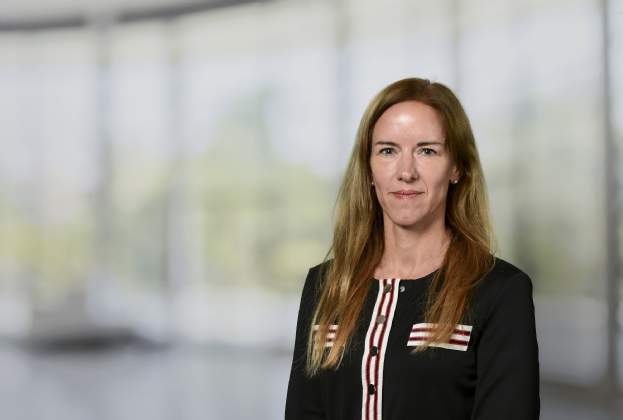The property sector has arguably been among the last to catch up in terms of shifting the focus to occupier experience. In recent years we have seen the emergence of the serviced office, build-to-rent and healthcare sectors where there is greater emphasis upon operational models.
However, driven by a growing need to put the customer first and deliver an exceptional service and experience, we are now also starting to see even the most traditional investors respond to these structural changes.
The concept of space as a service is now the dominant theme across all property sectors and property companies now refer to customers, experience and supply chain solutions rather than just simply rents, covenants and lease terms.
This change will inevitably result in a modification in the conventional way of valuation. This is already being seen within many of these emerging sectors. In the traditional mainstream sectors we are seeing lease lengths shorten, turnover rents becoming common in the retail sector and the emergence of 'flex' leases and managed office solutions in addition to serviced offices. All of these trends have direct implications on real estate valuations.
There does, however, remain caution amongst parts of the lending market with regard to following sponsors into the emerging sectors. The lack of financial transparency associated with parts of the operational asset market is the main challenge for lenders. Although, as this area evolves and becomes more established and the sponsors achieve a proven track record, it’s likely that emerging sectors, such as serviced offices, will become more acceptable to the lending community, just as student accommodation has.
For lenders and valuers, the key focus is on cashflow analysis and the operational performance of the occupier. There will always be an element of the office occupier market that requires long leases and the reduced prevalence of such leases could create a new form of super prime lending asset.
The need to adapt lending methods to reflect the changing market has not dented lender appetite. There is strong demand for 'bed-based' funding (that is, hotels, student, retirement living and care homes), which is reflective of the higher proportion of investment turnover reported in these sectors.
Alternative lenders (non-bank lenders and insurance companies) have also responded and continue to increase their market share, with borrowers attracted by their speed and certainty of delivery.
Overall, the different forms of disruption seem to be having a greater impact on property than the traditional economic cycle, which is now has a duration of 10 years. The disruption created by these operational assets is driving change and both the lending industry and the valuation profession need to adapt in order to remain relevant and accurate.
Further information
.jpg)
.jpg)
